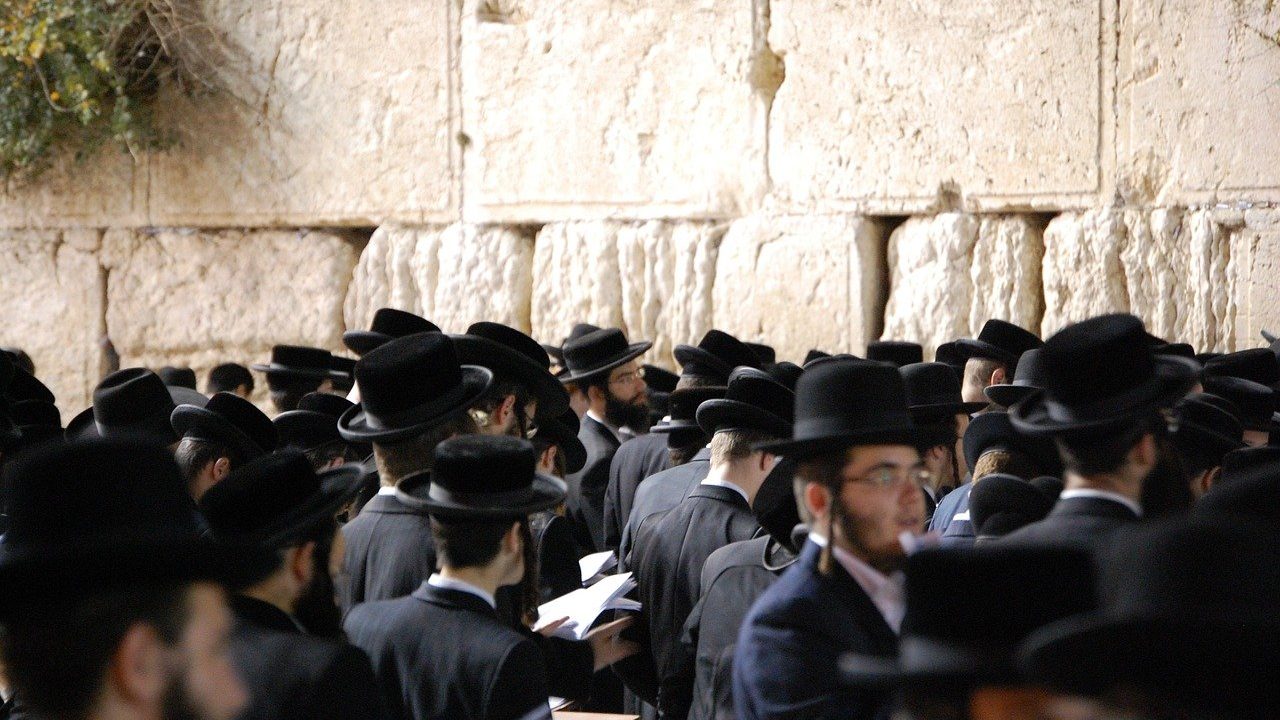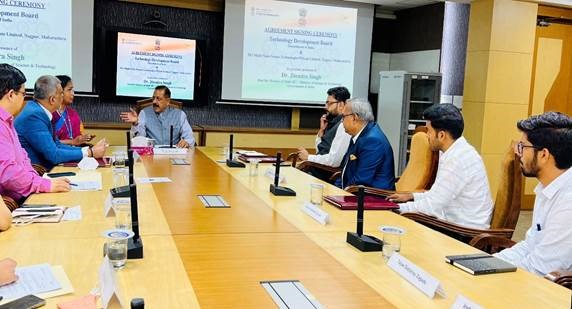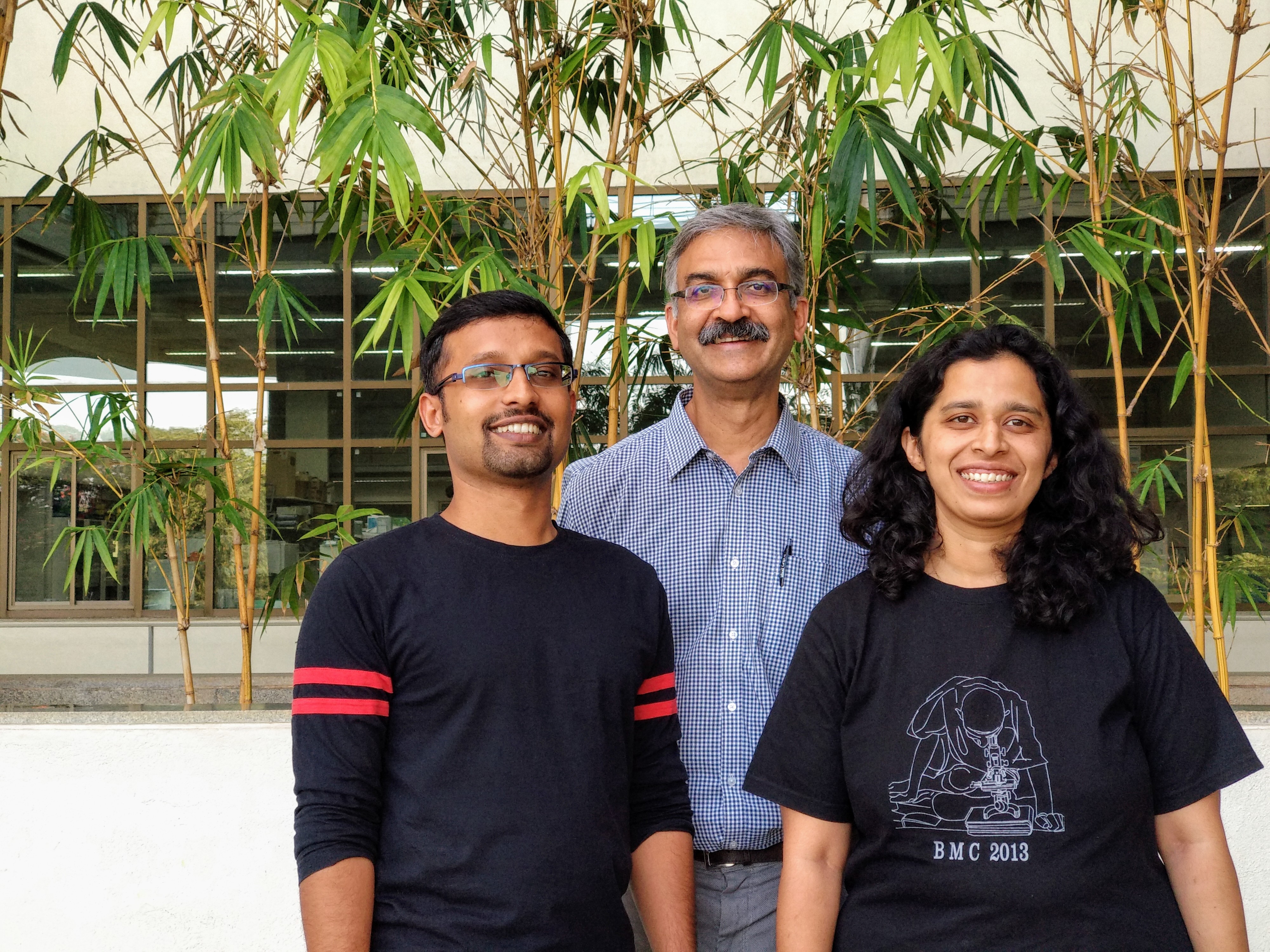The west coast of India harbours a rich diversity of various ethnolinguistic human population groups. The Roman Catholic is one such distinct group, whose origin is much debated. Some historians and anthropologists relate them to the ancient group of Gaud Saraswat. Others believe they are members of the Jewish Lost Tribes during first-century migration to India.
A recent study conducted by CSIR-Centre for Cellular and Molecular Biology (CCMB), and DST-Birbal Sahni Institute of Palaeosciences (BSIP), Lucknow, in collaboration with Mangalore University, Canadian Institute for Jewish Research, and Institute of Advanced Materials, Sweden, has come out with some new insights on the debate.
Researchers analysed the DNA of 110 individuals from the Roman Catholic community of Goa, Kumta, and Mangalore. They compared the genetic information of the Roman Catholic group with previously published DNA data from India and West Eurasia. They correlated the information with archaeological, linguistic and historical records. The exercise has helped fill in many of the key details about the demographic changes and history of the Roman Catholic population of South West of India since the Iron Age (until around 2,500 years ago), and how they relate to the contemporary Indian population.
The researchers have concluded that the Roman Catholics of Goa, Kumta, and Mangalore regions are the remnants of very early lineages of a Brahmin community of India, majorly with Indo-European-specific genetic composition. This study also found the consequences of the Portuguese inquisition in Goa on the population history of Roman Catholics and some indication of the Jewish component. The findings have been published as a research paper in the scientific journal, “Human Genetics”.
“Our genetic study revealed that majority of the Roman Catholics are genetically close to an early lineage of Gaud Saraswat community”, said Dr Kumarasamy Thangaraj, Chief Scientist, CSIR-CCMB, & Director, Centre for DNA Fingerprinting and Diagnostics, Hyderabad, and senior author of the study.
He further added, “More than 40 per cent of their paternally inherited Y chromosomes can be grouped under R1a haplogroup. Such a genetic signal is prevalent among populations of north India, the Middle East and Europe, and unique to this population in Konkan region”.
Dr Niraj Rai, Senior Scientist, DST-BSIP, Lucknow, the co-corresponding author of the paper, said, “This study strongly suggests profound cultural transformations in ancient South West of India. This has mostly happened due to continuous migration and mixing events since last 2500 years”.
“The origins of many population groups in India like the Jews and Parsis are not well-understood. These are gradually unfolding with advances in modern and ancient population genetics. Roman Catholics are one of them with much-debated history of origin based on inferences of anthropologists and historians,” said Lomous Kumar, first author of the paper.
“This multi-disciplinary study using history, anthropology, and genetics information has helped us understand the population history of Roman Catholics from one of the most diverse and multi-cultural regions of our country”, said Dr Vinay K Nandikoori, Director, Centre for Cellular and Molecular Biology, Hyderabad.
If you liked this article, then please subscribe to our YouTube Channel for the latest Science & Tech news. You can also find us on Twitter & Facebook



